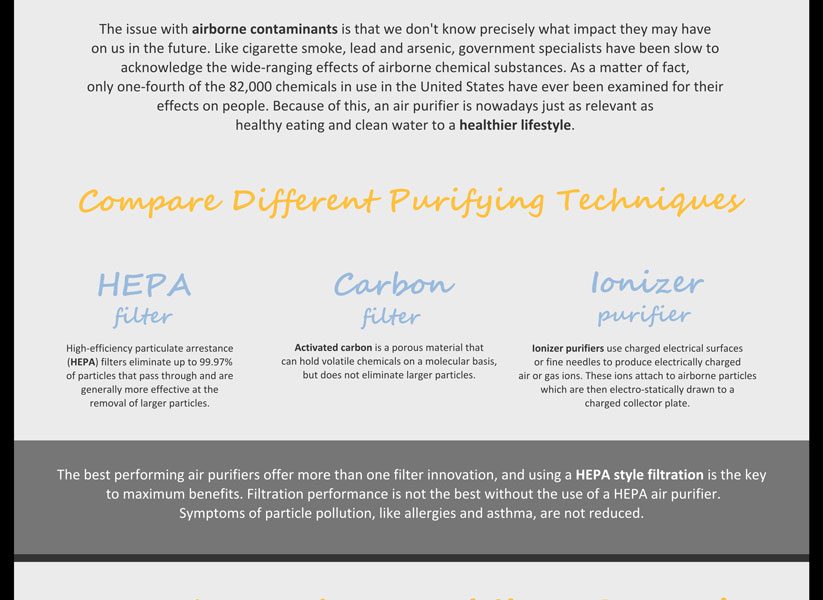The Future Of Home Heating - Just How Heat Pump Technology Is Evolving
The Future Of Home Heating - Just How Heat Pump Technology Is Evolving
Blog Article
Post Created By-Dawson Goff
Heat pumps will be an essential technology for decarbonising heating. In a scenario constant with governments' introduced power and environment dedications, their global ability increases by 2030, while their share in home heating rises to one-quarter.
They function best in well-insulated homes and count on electrical power, which can be supplied from an eco-friendly power grid. Technical innovations are making them a lot more efficient, smarter and more affordable.
Gas Cells
Heatpump use a compressor, refrigerant, coils and fans to move the air and warm in homes and appliances. They can be powered by solar power or electrical power from the grid. They have actually been gaining popularity as a result of their inexpensive, silent procedure and the capability to produce electrical power throughout peak power need.
heat pump specialist christchurch , like IdaTech and BG MicroGen, are servicing fuel cells for home heating. These microgenerators can change a gas boiler and create a few of a residence's electrical requirements with a connection to the power grid for the rest.
However there are reasons to be unconvinced of using hydrogen for home heating, Rosenow says. It would be pricey and ineffective compared to other modern technologies, and it would certainly add to carbon emissions.
Smart and Connected Technologies
Smart home innovation enables home owners to connect and manage their tools remotely with using smartphone apps. For example, smart thermostats can discover your heating choices and instantly get used to maximize power consumption. Smart lighting systems can be managed with voice commands and immediately turn off lights when you leave the area, decreasing energy waste. And wise plugs can keep an eye on and handle your electrical use, allowing you to recognize and restrict energy-hungry devices.
The tech-savvy family shown in Carina's meeting is an excellent illustration of how passengers reconfigure room home heating practices in the light of new clever home technologies. They rely on the gadgets' automatic attributes to execute daily modifications and concern them as a hassle-free ways of conducting their home heating techniques. Thus, they see no factor to adjust their methods additionally in order to make it possible for versatility in their home energy demand, and treatments focusing on doing so might encounter resistance from these households.
Electricity
Given that warming homes make up 13% of US exhausts, a switch to cleaner choices could make a big distinction. However https://archerjotyd.ourcodeblog.com/29454349/debunking-the-price-of-installing-and-maintaining-a-heat-pump deals with difficulties: It's pricey and calls for considerable home remodellings. And it's not always suitable with renewable energy sources, such as solar and wind.
Until just recently, electric heatpump were too costly to compete with gas models in a lot of markets. But new advancements in style and products are making them more inexpensive. And Recommended Online site is enabling them to operate well even in subzero temperatures.
The next step in decarbonising heating may be making use of warm networks, which draw heat from a main resource, such as a nearby river or sea inlet, and distribute it to a network of homes or structures. https://stephenhasld.ja-blog.com/29363721/are-heat-pumps-the-most-reliable-heating-and-cooling-remedy-for-your-home-a-relative-evaluation would certainly decrease carbon exhausts and allow families to capitalize on renewable energy, such as environment-friendly electricity from a grid supplied by renewables. This choice would be much less expensive than switching to hydrogen, a fossil fuel that requires brand-new framework and would just decrease carbon dioxide exhausts by 5 percent if paired with improved home insulation.
Renewable resource
As power rates go down, we're starting to see the same fad in home heating that has actually driven electric cars right into the mainstream-- but at an even faster pace. The strong climate situation for electrifying homes has been pressed further by new research study.
Renewables account for a substantial share of contemporary warmth usage, however have been given restricted policy interest internationally contrasted to various other end-use industries-- and also less attention than electrical energy has. Partly, this reflects a mix of consumer inertia, split motivations and, in several countries, subsidies for nonrenewable fuel sources.
New technologies could make the shift much easier. For instance, heatpump can be made extra energy reliable by replacing old R-22 cooling agents with brand-new ones that do not have the high GWPs of their predecessors. Some specialists likewise visualize district systems that draw heat from a nearby river or sea inlet, like a Norwegian arm. The cozy water can then be made use of for heating & cooling in a community.